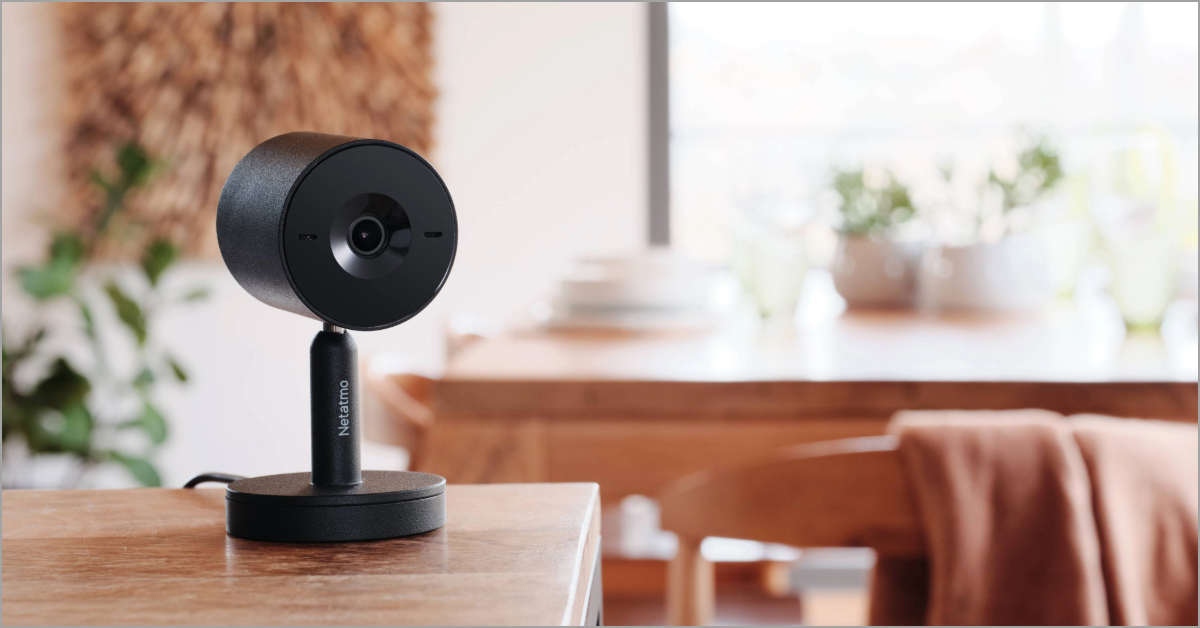
New Indoor Camera Advance

Fan heaters are essentially electric hot air fans. Electric fan heaters are small, portable and practical heating devices, an ideal product for heating up smaller spaces within the home as they don’t take up much space.
Electric fan heaters are best used for additional heating in home areas such as bathrooms, garages or attics. The heaters work to warm up the air in the space by drawing in the ambient air, heating it up using an electrical resistance setup and then redistributing this hot air throughout the space using its built-in fan.
All in all, fan heaters operate using a process of forced convection. Most fan heaters are portable models, so won’t need to be installed in any particular space. Rather, you can move them from room to room in the home depending on where additional heating is most needed.
To best use your electric fan heater’s heating power, place it in a small, more enclosed space in the home. Its energy efficiency, heating power and heating rate will rapidly drop off if you place the fan heater in a larger, less well insulated space.
A fan heater is a fairly low price heating product, making them popular heating devices for homes.
While an economic price might be fan heaters’ main advantage for many home owners, these heating devices do have other plus points: they’re portable, have high heating power and come in various different heater models.
These heaters are mostly entirely portable and small enough to be easy to carry from space to space in the home. This means you’re free to move your electric fan heater to wherever extra heating is most needed in the home at any given time.
As fan heaters are best suited to heating up smaller, more enclosed spaces in the home, they’re recommended for use in bedrooms, bathrooms, garages, and so on. For best results, use your electric fan heater for an additional boost of heating in one space at a time throughout the home.
Compact, lightweight and portable, these fan heaters won’t take up much space!
Electric fan heaters work quickly to heat up the space they are placed in. Of all the heating products you could use in your home, you’ll feel the effects of an electric fan heater fastest. You’ll notice its powerful heating action almost immediately!
To give you a clearer idea of the power these portable heaters have, they can heat a room to about 20 degrees in just a couple of minutes, no matter the starting temperature of the space. So, if you’re looking for a short blast of heating power, electric fan heaters are the ideal product to use.
Designs of fan heaters are becoming increasingly energy efficient and modern.
Not all fan heaters you’ll find on the market are simple, high power portable products - you might see ceramic radiator fan heaters, for example, or smart fan heaters with additional energy saving functions.
Modernised fan heater products are more energy efficient, reducing their energy consumption to save you money and damage the environment less. That said, whatever model you choose, electric fan heaters are still a high energy consumption product. So, you’ll want to keep an eye on those energy consumption levels.
The drawbacks of electric fan heaters may - for some home owners - outweigh their positive aspects. One important point to note is that electric fan heaters may cause issues for those who suffer from allergies, as they can distribute dust throughout the space they’re heating while blasting hot air through it.
Electric fan heaters are very power intensive, consuming a lot of electricity even in a short space of heating time.
Electricity prices are also on the rise, so you’ll want to limit your usage of your electric fan heater only to when it’s really necessary.
For best results, make sure you’re using your electric fan heating product in smaller, more enclosed and better insulated spaces within your home.
These electric heating products contain a fan, which - as we know - will make noise when it operates. However, the more modern models of electrical fan heaters make far less noise than older ones.
Electrical fan heaters have significant heating power, but once they’re off, the space will cool down rapidly as there will no longer be hot air being blown through it.
So, it’s best to use an electric fan heating product when you’re in a given space in the home, then turn it off when you leave that space.
Did you know the newly-launched Muller Intuitiv with Netatmo allows you to make your electric heating a more economical and environmentally-friendly product? Check it out!
Mini electric fan heaters are the cheapest of these portable heating devices, while the most high-tech and energy efficient products carry a far higher price tag.
In general, the more you pay for a fan heater, the less you’ll pay for its subsequent energy consumption, as it’s likely to be a more energy efficient product. Due to their high energy consumption, electric fan heaters are best to give an additional blast of temporary heating in smaller spaces within your home.